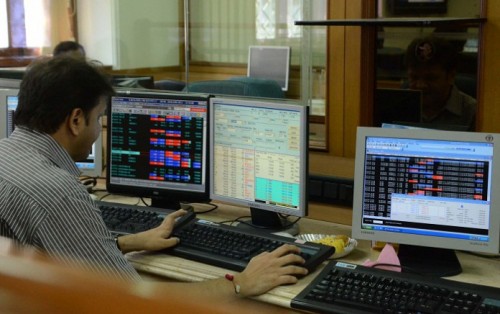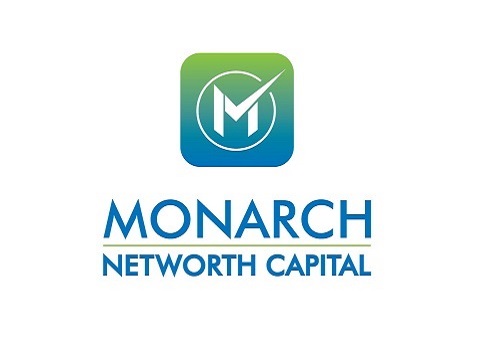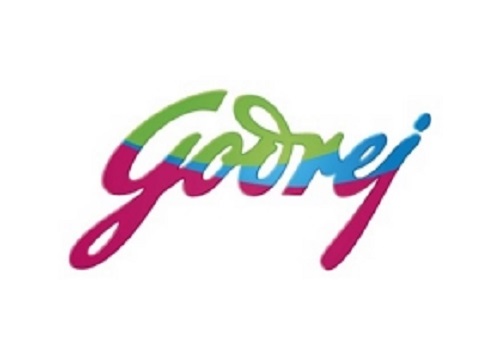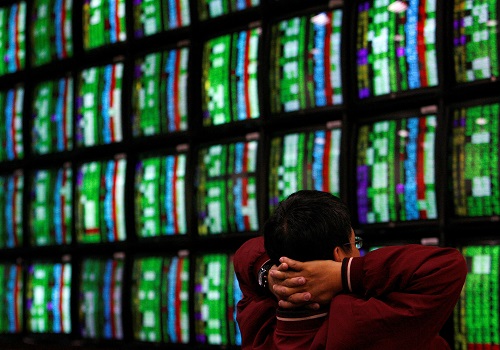Key indices rebound from lows to end flat on Wednesday
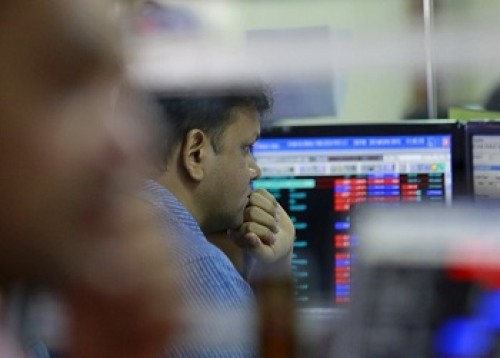
Follow us Now on Telegram ! Get daily 10 - 12 important updates on Business, Finance and Investment. Join our Telegram Channel
Indian equity benchmarks staged strong recovery from intraday low levels to close on a flat note on Wednesday. The benchmarks fell soon after opening higher, as traders turned cautious with Trade Promotion Council of India (TPCI) stating that increasing container freights would push the overall cost of domestic goods in the international markets, which would make it less competitive and hurt the country’s merchandise exports. Selling further crept in as Rating agency Moody's said that the asset quality risks for banks will rise in most parts of ASEAN and India, as the region battles new waves of coronavirus infections amid low vaccination rates. Sentiments remained fragile as report of ICRA stated that the fresh rupee denominated bond issuances witnessed a sharp decline of 45 per cent to Rs 1.3 lakh crore in Q1 FY2022 on a YoY and a QoQ basis (Rs 2.3 lakh crore each in Q4 FY2021 and Q1 FY2021). Some concern also came as analysis by Care Ratings stating that as more and more states continue to borrow less from the markets, cost of their market borrowing fell by 11 bps to a two-month low of 6.87 per cent at Tuesday's auction when eight states drew down just Rs 12,100 crore.
However, buying interest in metal, power and energy stocks helped benchmarks recover from intraday low levels. Traders found some support with provisional commerce ministry data showing that the country's exports rose by 50.45 per cent to $7.41 billion during August 1-7, on account of healthy growth in the shipments of engineering goods, gems and jewellery as well as petroleum products. Some optimism also came as Union Minister of State for Finance Pankaj Chaudhary has said that the Government is taking effective measures to curb inflation especially food inflation keeping in view of the condition of the people suffering from coronavirus pandemic situation in the country. Market participants also took note of the finance ministry’s latest Monthly Economic Review stated that the economic impact of the second wave of the COVID-19 pandemic is likely to be muted and there are visible signs of economic rejuvenation. It also said the recent sero-prevalence results signify that India can reduce the likelihood of severe illness due to COVID-19 if the country sustains the momentum of the vaccination programme.
On the global front, Asian markets ended mostly lower on Wednesday, as traders remained concerned about the rapid spread of the delta variant of the coronavirus in the region. Investors kept an eye on U.S. consumer inflation data due out later in the day, which could impact estimates for when the Fed will begin scaling back its asset purchases. European markets were trading in green after U.S. lawmakers agreed a trillion dollar boost to the economy. Back home, stocks related to leather sector were in watch as Council for Leather Exports (CLE) Chairman Sanjay Leekha said India’s leather and footwear exports are expected to touch about $6 billion in the current financial year (FY22) on account of healthy demand in key global markets.
Finally, the BSE Sensex fell 28.73 points or 0.05% to 54,525.93, while the CNX Nifty was up by 2.15 points or 0.01% to 16,282.25.
The BSE Sensex touched high and low of 54,758.74 and 54,167.20, respectively and there were 13 stocks advancing against 17 stocks declining on the index.
The broader indices ended in red; the BSE Mid cap index fell 0.22%, while Small cap index was down by 0.83%.
The top gaining sectoral indices on the BSE were Metal up by 3.51%, Power up by 1.34%, Energy up by 1.24%, Oil & Gas up by 1.17% and Basic Materials up by 1.16%, while Healthcare down by 1.32%, Bankex down by 0.73%, Consumer Durables down by 0.63%, Consumer Discretionary down by 0.57% and Auto down by 0.33% were the top losing indices on BSE.
The top gainers on the Sensex were Tata Steel up by 3.86%, NTPC up by 2.36%, Power Grid Corporation up by 2.06%, Reliance Industries up by 1.33% and Bajaj Finserv up by 1.14%. On the flip side, Bajaj Auto down by 1.84%, Sun Pharma down by 1.78%, Kotak Mahindra Bank down by 1.77%, ICICI Bank down by 1.08% and Mahindra & Mahindra down by 0.98% were the top losers.
Meanwhile, Rating agency Moody's has said the asset quality risks for banks will rise in most parts of ASEAN and India, as the region battles new waves of coronavirus infections amid low vaccination rates. Yet the continued policy support and strong loss-absorbing buffers will help to mitigate the negative impact. For banks in ASEAN and India, coronavirus outbreaks triggering strict containment steps will impede economic recovery and erode borrowers' debt repayment capacity, increasing their asset risks. Besides, strong loss-absorbing buffers, the policy support and the virus impact focused on a few segments will keep their credit strength intact.
It mentioned, for India (Baa3 negative), the economy will return to growth in the fiscal year ending March 2022. But, the severe second coronavirus outbreak will delay improvements in asset quality. By contrast, the resumption of global economic activity will boost trade growth in Vietnam (Ba3 positive), Malaysia (A3 stable) and Singapore (Aaa stable). The financial impact of a prolonged pandemic is concentrated on a few economic segments, which will limit the deterioration in banks' overall asset quality.
More fundamentally, various regulatory measures implemented in the past decade to strengthen banks' balance sheets have led banks to face the pandemic on a strong footing. Since the onset of the pandemic, most banks in the region have built sufficient loan loss buffers to cover likely increases in nonperforming loans. It added the deadlines on many of these measures have also been extended this year with the resurgences of coronavirus cases. For example, the Reserve Bank of India recently extended the deadline on liquidity support measure. RBI also relaxed certain parameters of its loan restructuring program in response to the severe impact of the second wave in India on borrowers.
The CNX Nifty traded in a range of 16,338.75 and 16,162.55 and there were 22 stocks advancing against 28 stocks declining on the index.
The top gainers on Nifty were Tata Steel up by 4.00%, JSW Steel up by 3.48%, Indian Oil Corporation up by 2.49%, NTPC up by 2.40% and Hindalco up by 2.24%. On the flip side, Shree Cement down by 2.09%, Kotak Mahindra Bank down by 1.86%, Sun Pharma down by 1.78%, Bajaj Auto down by 1.63% and ICICI Bank down by 1.01% were the top losers.
European markets were trading in green; UK’s FTSE 100 increased 37.79 points or 0.53% to 7,198.83, France’s CAC rose 21.49 points or 0.32% to 6,841.70 and Germany’s DAX was up by 15.73 points or 0.1% to 15,786.44.
Asian markets ended mostly lower on Wednesday, even after the US Senate approved a $1 trillion bipartisan infrastructure bill. Meanwhile investors are awaiting US consumer inflation data later in the day for additional clues on the outlook for monetary policy. Seoul stocks ended lower as a record-high number of coronavirus cases dented investors' sentiment. However, Japanese shares extended gains, supported by strong earnings from Bridgestone and other firms, while overnight gains of the Dow Jones index also benefited market sentiment.
Above views are of the author and not of the website kindly read disclaimer
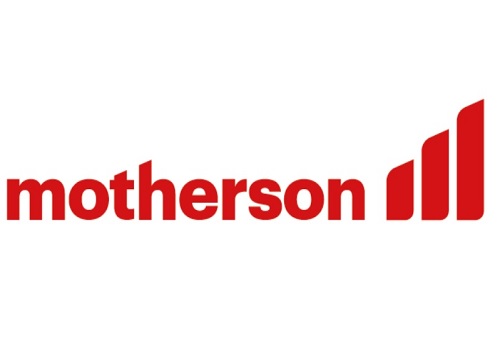
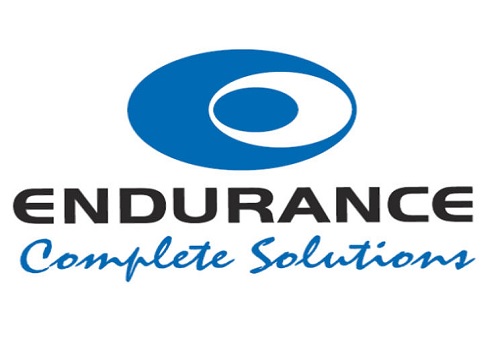
.jpg)
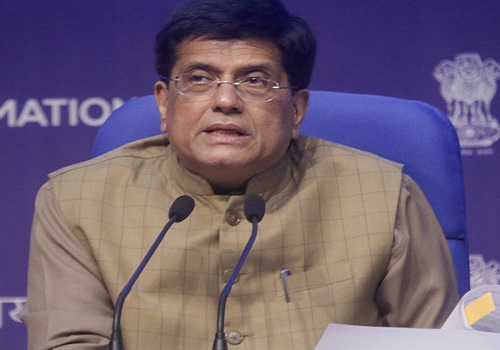
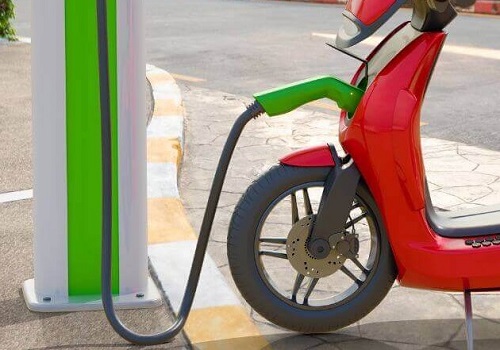
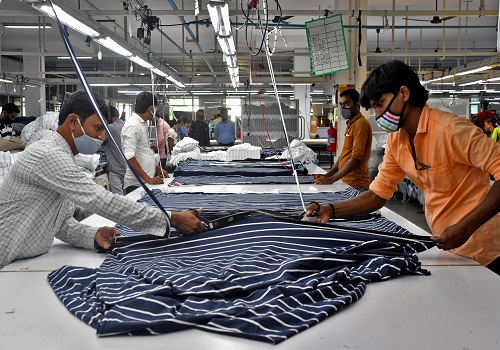
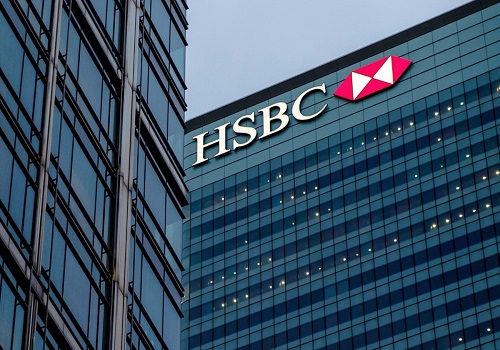
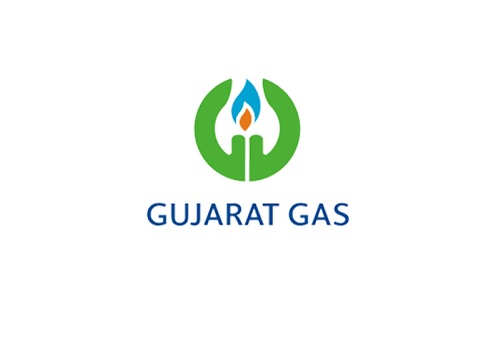
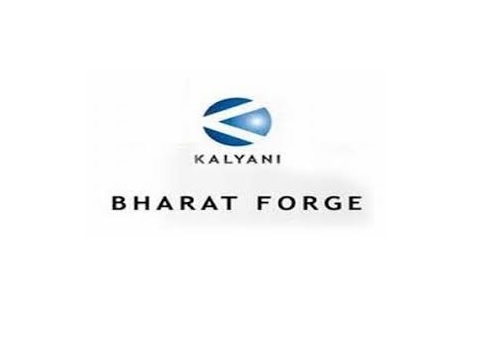

Tag News

Weekly Market Analysis : Markets strengthened recovery and gained nearly 2% in the passing w...



More News

The index started the session on a positive bias however minor profit booking near all time ...
